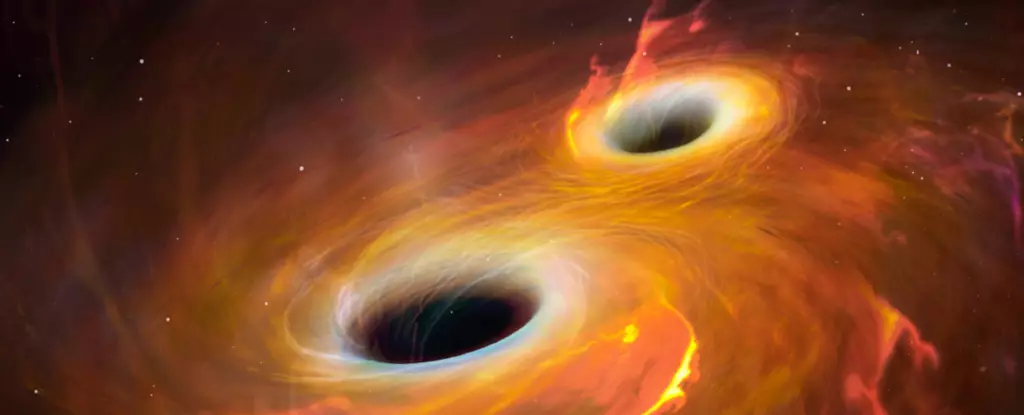The energy sector is constantly evolving, with researchers and scientists around the world working tirelessly to find new and innovative ways to generate, store, and distribute energy without relying on traditional fossil fuels. From nuclear fusion to solar panels, there are numerous technologies being developed to increase energy efficiency and reduce our dependence on non-renewable resources. However, one of the biggest challenges in this quest for a cleaner and more sustainable energy future is finding a way to store and release energy on demand, especially across the electricity grid.
In a recent development, two physicists have delved into the realm of theoretical physics to explore the ultimate limits of battery energy density. Drawing inspiration from Einstein’s general theory of relativity, these researchers have proposed the concept of micro black hole batteries, which could potentially revolutionize energy storage and distribution. By creating tiny, charged black holes that repel each other due to their electromagnetic properties, it is theorized that these black holes could be harnessed to generate massive amounts of clean energy.
The idea of micro black hole batteries may seem like something out of science fiction, but the researchers behind this theory believe that it is not beyond the realm of possibility. While primordial black holes are thought to exist in the universe, their detection has remained elusive thus far. However, the concept of using these tiny black holes as a form of energy storage is a bold and intriguing proposal that challenges the very limits of our current understanding of energy technology. Theoretically, a micro black hole battery weighing just one kilogram could provide enough energy for a family for generations, far surpassing the capabilities of even the most efficient lithium batteries available today.
Despite the exciting potential of micro black hole batteries, there are numerous challenges and uncertainties surrounding this concept. The feasibility of creating and controlling charged black holes on a practical scale is a Herculean task that would require groundbreaking advancements in physics and engineering. Additionally, the safety and ethical implications of harnessing the power of black holes for energy storage must be carefully considered. While the theoretical limits of battery energy density are being pushed to new heights, the practical realization of these ideas remains a distant prospect.
The quest for more efficient and sustainable energy solutions continues to drive innovation and exploration in the field of energy technology. The concept of micro black hole batteries represents a bold and imaginative approach to energy storage that challenges our current understanding of the limits of battery energy density. While this idea may seem far-fetched, it underscores the need for continued research and development in the pursuit of cleaner and more sustainable energy sources. As we look towards the future, it is clear that the possibilities for energy storage and distribution are limited only by our imagination and determination to create a better world for future generations.


Leave a Reply